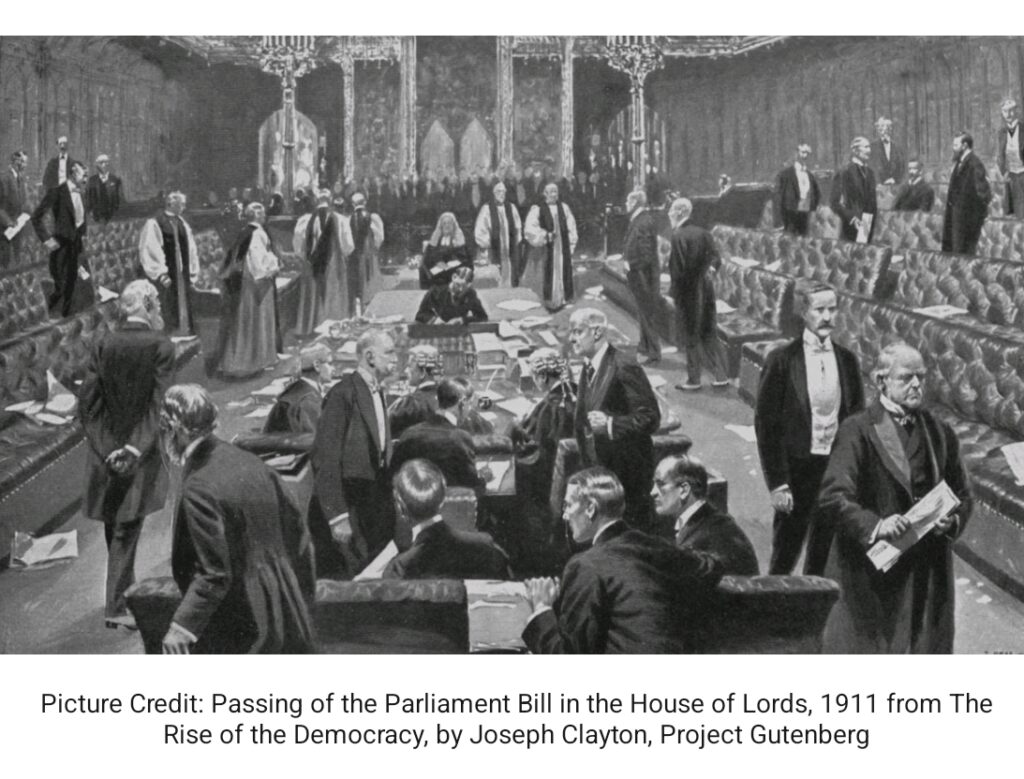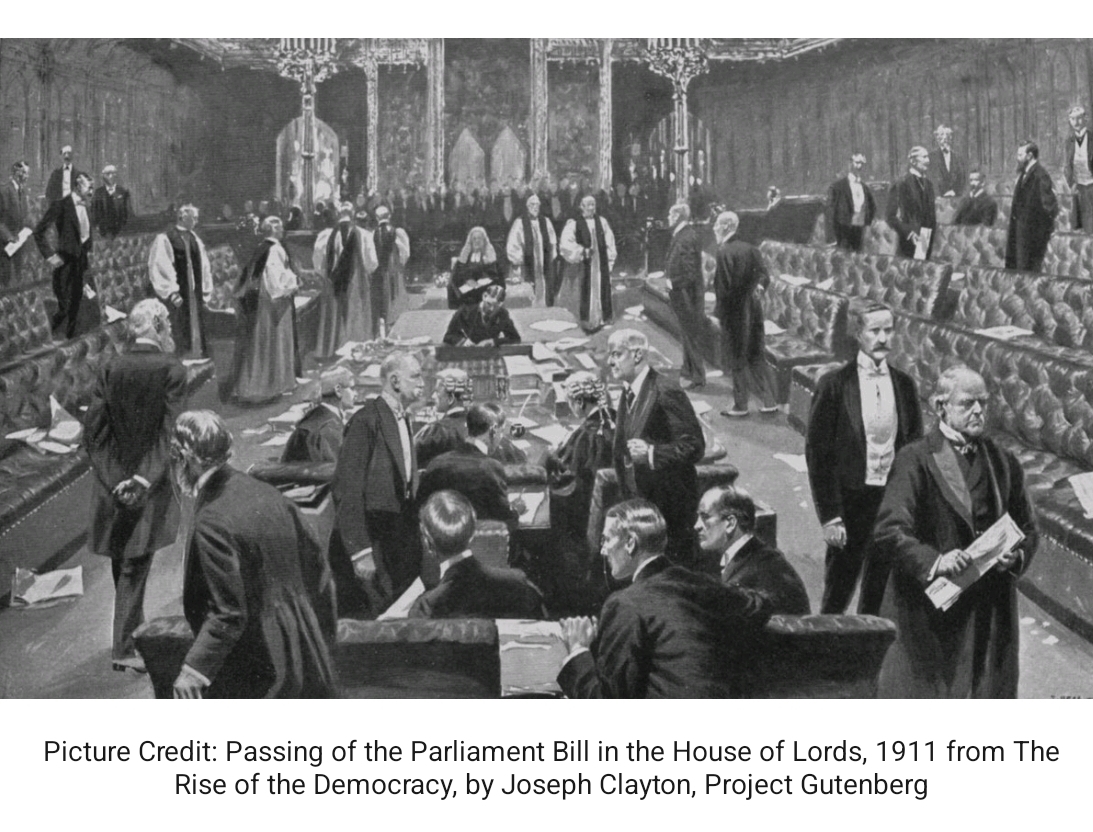
The tragic and senseless events in London have sparked a thought about the security and resilience of national governments in a terrorist age.
Firstly let me state my sympathies for the victims families and admiration for the security people involved. This was a malicious and premeditated attack on a central infrastructure of government. Clearly well studied as it focused on a known security weak point.
So why do governments insist on staying centralised when terrorists have long learned to be distributed cells? Well obviously centuries of doing things one way doesn’t change overnight and the seat of government gives a country a focus and creates an economy of its own. However, we can still imagine a distributed version of parliament which may have further regional benefits.
The principles of blockchain can potentially help here, as the blockchain protocol enables an unchangeable digital ledger. Essentially, each member of a chain can have the same copy of a ledger of transactions and none of them can cheat by changing their copy without the others noticing. While this process was born to ensure digital money can not be spent twice, it could easily be applied to ensure parliamentary votes are not made twice, are made by the right people and are recorded forever.
A blockchain parliamentary voting system would allow the government to be distributed across a city or country, while having a secure digital voting system. Using the blockchain protocol, each government entity, ministry, party or even MP can have an unchangeable record of their votes and all votes. The system would ensure that double voting cannot occur. Additionally, using multiple authentication factors, the origin of the vote can be guaranteed. For example, voting could take place only from a given geographical location for a given MP and bio-authentication used in multiple layers to ensure authenticity of origin. Lastly, the rules by which each member can vote can themselves be within the blockchain in a smart contract, which is a method for ensuring that an algorithm cannot be changed independently.
Using a distributed voting system, terrorists and other enemies would not have a central place to attack.
Other benefits would include a distribution of government economic activity to regions, greater resilience to natural disasters, as well as reduced government spending on members travel and relocation.
Not that central government need wither away completely, potentially only a number of debates and votes of a “day to day”, basic government nature, could be carried out via a blockchain enabled system. This could grow as Members of Parliament (MPs) and ministries grow their distributed infrastructure and teams. Meanwhile, important debates could be in person as usual, reducing the number of opportunities that terrorist or other malfeasants can attack MPs.
Creating a distributed process by which government can function would not, in my view, be surrendering to terrorists as the latter are seeking a violent response. Removing or reducing a central target is to play the asymmetric warfare game terrorists play when they send in single car and knife-wielding indoctrinates. Essentially this would be fulfilling the same driver that gave us the internet in the first place, resilient government. Which is appropriate as some are stating that blockchain has the same revolutionary power that the internet has had on our lives.
While the power of the blockchain can be used on massively distributed systems, such as the 5,000 plus node Bitcoin network, it can also be used in smaller, more specific cases. This is the aim of the newly formed Etherium Enterprise Alliance, which is targeting corporate uses of the technology, among others.
In Dubai, the government has grasped this concept and companies we are involved with are looking at many different uses.
Hopefully, governments can look at their processes and distribute them to enhance resilience from terrorism and other calamities with the power of the blockchain. Even if they dip in with smaller, less sensitive programs to start with.
